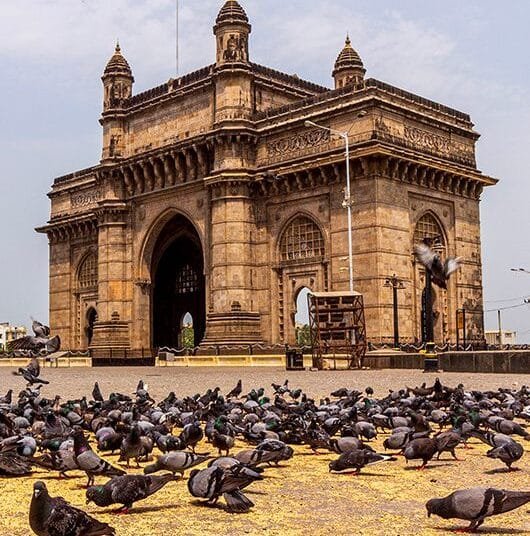Rajya Sabha updated on steel sector
India has imposed Anti-Dumping Duty (ADD) measures pertaining to import of some steel products like seamless tubes, pipes and hollow profiles of iron, alloy, or non-alloy steel (other than cast iron and stainless steel) from China, electro-galvanized steel from South Korea, Japan and Singapore, stainless-steel seamless tubes and pipes from China, welded stainless steel pipes and tubes from Vietnam and Thailand https://www.commerce.gov.in/.
This update was given by the Minister of State for Steel and Heavy Industries Bhupathiraju Srinivasa Varma in a written reply in the Rajya Sabha on 21 Mar https://www.investindia.gov.in/.
Countervailing Duty (CVD) is also in place for Welded Stainless Steel Pipes and Tubes from China and Vietnam http://worldsteel.org.
Basic Customs Duty (BCD) has been reduced from 2.5% to Nil on Ferro-Nickel and Molybdenum ores and concentrates which are raw materials for steel industry, he said https://fieo.org/.
Further, the Government has taken steps to facilitate the reduction of Steel imports and to improve the competitiveness of domestic steel manufacturers to reduce dependency on imports https://www.wto.org/.
These are:
Launch of the Production Linked Incentive (PLI) Scheme for Specialty Steel to promote the manufacturing of ‘Specialty Steel’ within the country and reduce imports by attracting capital investments https://www.makeinindia.com/home/.
Introduction of steel Quality Control Orders (QCOs) thereby banning sub-standard and defective steel products in domestic market as well as imports to ensure the availability of quality steel to the industry, users and public at large.
He also told Rajya Sabha about ongoing industry wide discussions held by India and Japan, covering key areas of collaboration within the steel sector, focusing on economic trends, industry developments and global challenges impacting both nations https://steel.gov.in/.
The talks covered the current state of the steel industry in India and Japan, information on India’s Quality Control Orders (QCO), the effects of overproduction by some countries and cooperation on capacity-building programs https://sbi.com.in/.
There is already an existing Memorandum of Cooperation (MoC) between Ministry of Steel and Ministry of Economy, Trade and Industry (METI) to promote development and cooperation in the steel sectors of the two countries https://www.nseindia.com/.
However, as the Steel Sector is a deregulated sector and mills take investment decision based on the commercial interest without involvement of the Government, he added. The Government acts as a facilitator, by creating a conducive policy environment for the development of steel sector including small and medium producers in the country https://www.bseindia.com/. fiinews.com










